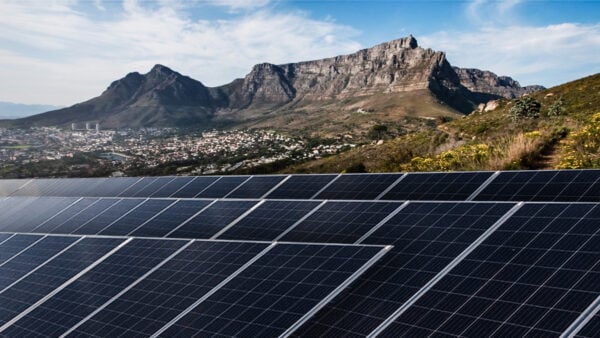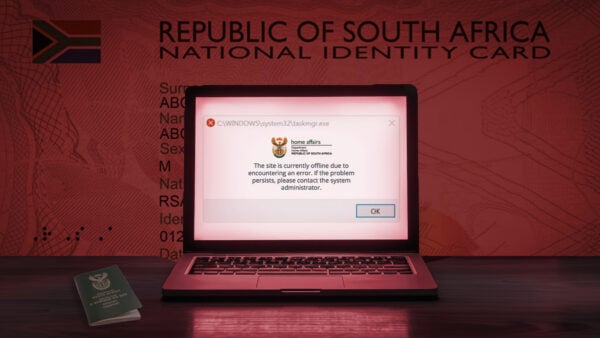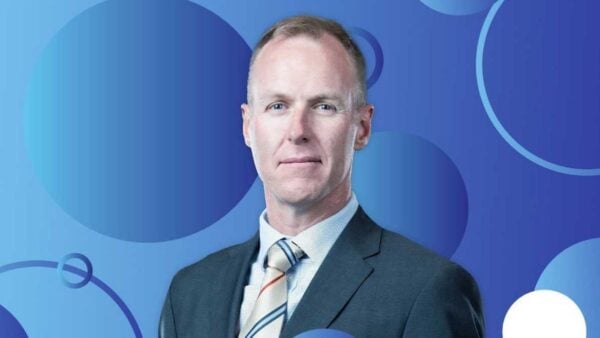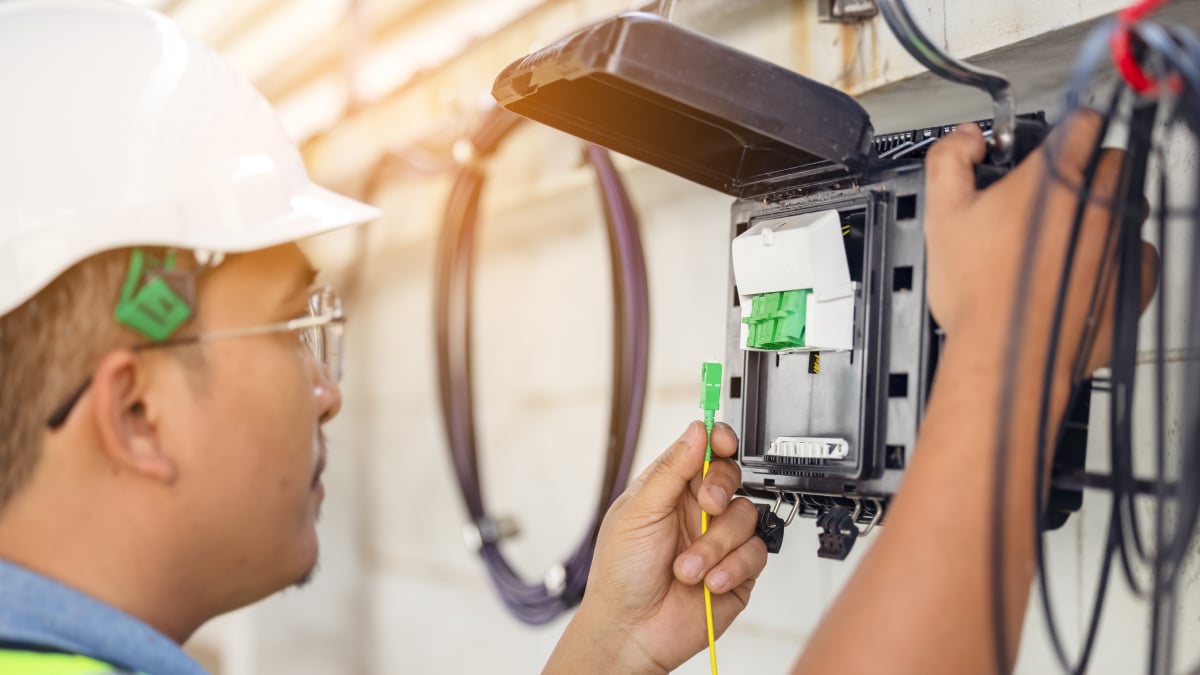Competition Commission holding back fibre in South Africa

The Competition Commission has held up a deal between Vodacom and Remgro’s CIVH that has come at a massive opportunity cost for South Africa.
Remgro CEO Jannie Durand recently revealed that, had the deal been approved 18 months ago, CIVH would have already invested an additional R3 billion to R4 billion in its fibre networks — most of that in townships.
Community Investment Ventures Holdings (CIVH) is the parent company of Vumatel and Dark Fibre Africa (DFA). Remgro has an effective 57% stake in CIVH.
The deal between Vodacom and CIVH would see the companies pool their fibre networks, with Vodacom owning a 30% to 40% stake in the combined entity.
That combined entity is Maziv, a company established specifically to hold CIVH and Vodacom’s fibre assets and facilitate the transaction.
Vodacom has offered a combination of assets and cash of at least R13.2 billion for a 30% shareholding.
That includes an initial cash consideration of R6 billion, Vodacom’s fibre assets worth R4.2 billion, and a secondary purchase based on CIVH’s valuation when the deal goes through, estimated to be approximately R3 billion.
Vodacom and CIVH submitted the transaction to the Competition Commission and the Independent Communications Authority of South Africa (Icasa) in December 2021.
While Icasa approved the transaction in November 2022, the Competition Commission dragged its feet.
After 20 months of back-and-forth negotiations that culminated in a host of conditions that would be attached to the deal, the Competition Commission rejected it.
It recommended to the Competition Tribunal in August 2023 that the transaction be prohibited.
The Tribunal recently concluded weeks of public hearings regarding the transaction and is expected to announce its decision by the end of October 2024.
While the Competition Commission’s delays were egregious, there are legitimate competitive concerns with the transaction.
To protect Vodacom’s interest as a minority shareholder, Remgro and CIVH agreed to give the mobile operator co-control of Maziv.
This manifests as a set of veto powers, including the ability to block appointing or dismissing Maziv’s CEO and CFO, issuing new shares, financing debt, and the adoption or amendment of a dividend policy.
Remgro has said that these types of powers are standard for a deal of this nature.
It said they are necessary for Vodacom to feel that CIVH — or another future majority shareholder — can’t trample its rights and jeopardise its over R10-billion investment.
Another concern is the influence Vodacom will wield over DFA, the dominant supplier of the wholesale “network building blocks” on which South Africa’s mobile and fibre operators have come to depend.
Frogfoot founder and former CEO Abraham van der Merwe has also argued that Vodacom helps exert indirect competitive pressure over DFA.
By buying a stake in DFA, he is concerned that a major competitive force keeping DFA in check will be removed.
Less major but still important is Vumatel’s 49.5% ownership of Herotel, which it hopes to increase to over 98%. Vumatel submitted the transaction to the Competition Commission in 2022.
Fibre network operators (FNOs) like Vumatel, Openserve, and Frogfoot are open access, allowing third-party Internet service providers like Afrihost and Axxess to resell services over their infrastructure.
Herotel is closed access, building the infrastructure and exclusively selling retail services over it.
In the past two years, thanks to Vumatel’s initial investment, Herotel has grown to the third-largest fibre network operator in South Africa.
Most of its coverage is in previously underserved areas, with Herotel saying it has 338,000 fibre stands in townships and 245,000 in traditional suburbs.
Maziv and Vodacom have agreed to a series of conditions to mitigate against potential issues that might arise as a result of the above concerns.
With the appropriate conditions in place, mobile operators MTN and Rain have given their support for the transaction.
The Department of Trade, Industry and Competition has also voiced its support, although it declined to pronounce on the deal’s competitive impacts, saying it was legally not permitted to do so.
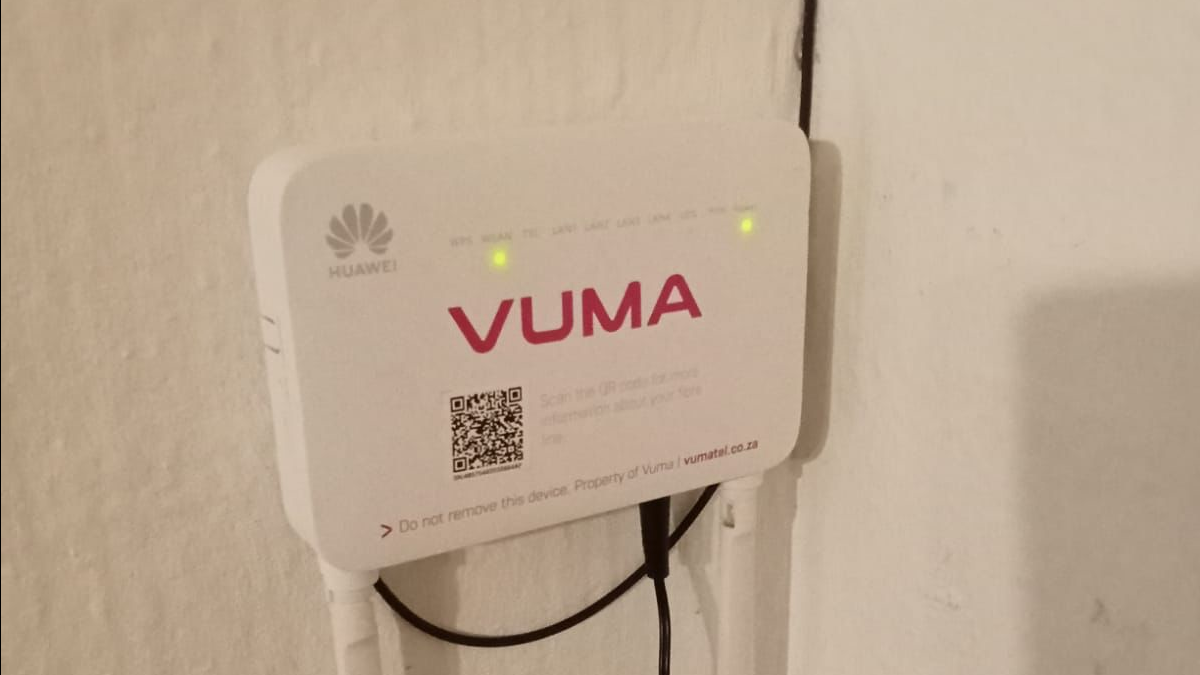
To better understand how Vodacom’s investment might accelerate Maziv’s fibre rollout in townships, we asked Herotel how Vumatel’s investment impacted its capacity.
“Following the successful execution of Herotel’s fibre strategy over the two years leading up to 2021, the only barrier we had to scaling our fibre rollout was access to capital,” Herotel told MyBroadband.
“Available debt facilities were saturated, and without any shareholder of reference it was not possible to raise further debt facilities.”
Herotel also explained that none of the existing Herotel shareholders had the capacity to insert further growth capital.
“So the barrier between Herotel’s existing 200,000 stands at the time, and its pipeline of a further 400,000 stands was capital.”
On 24 February 2022, Vumatel and CIVH announced they had acquired a 45% non-controlling stake in Herotel. It soon increased this to a 49.5% stake.
Additional funding from Vumatel allowed Herotel to expand rapidly in the following months, reaching 345,000 homes in December 2022.
By May 2023, Herotel’s network included 500,000 stands.
Unfortunately, it once again reached the extent of its funding facilities.
While Herotel has continued rolling out consistently since then, it only added around another 83,000 homes by June 2024.
“Vumatel made an offer to acquire a further 49% from Herotel shareholders, but this transaction has been sitting with the Competition Commission since early 2022,” it said.
“Due to the competition process, Herotel has not been able to raise any further capital, and could therefore not expand its fibre pipeline of a potential further 400,000 stands in townships.”
This is the same situation Vumatel now finds itself in.
And it’s not just Vumatel and Herotel — much of the industry is at a virtual standstill.
As the table below shows, Telkom’s Openserve covered more than half of all 140,108 new homes the country’s top FNOs added in the first six months of the year.
Telkom has historically taken an extremely conservative approach to its fibre build.
“Our fibre team must earn its capex,” Telkom CEO Serame Taukobong has said.
Therefore, Telkom outstripping seven of South Africa’s largest FNOs is indicative that rollouts have stalled.
| Fibre network operator | Homes passed in H2 2023 | Homes passed in H1 2024 | Additions in ±6 months | Connectivity ratio |
|---|---|---|---|---|
| Openserve | 1,185,623 | 1,256,603 | 70,980 (+6.0%) | 48.98% |
| Frogfoot | 361,000 | 380,000 | 19,000 (+5.3%) | 43.42% |
| Herotel | 562,556 | 581,464 | 18,908 (+3.3%) | 28.95% |
| MetroFibre | 500,000 | 517,000 | 17,000 (+3.4%) | 32.03% |
| Octotel | 350,000 | 360,000 | 10,000 (+2.9%) | 31.25% |
| Zoom Fibre | 191,000 | 191,636 | 636 (+0.3%) | 33.97% |
| Vumatel* | 2,000,000 | 2,003,584 | 3,584 (0.2%) | 36.45% |
| Vodacom* | 165,879 | 165,879 | None | Unknown |
| * Vumatel and Vodacom’s latest figures are as of 31 March 2024; all others as of 30 June 2024. | ||||
All these delays are due to the Competition Commission’s argument that allowing Vodacom to take a 30% to 40% stake in Maziv will create a dangerous monopoly.
That view appears to discount the likelihood that approving the deal will open the floodgates of further investment and consolidation in the space.
They seem to assume that the rest of the industry will stand still while Vodacom and Maziv advance.
One could just as easily assume that the industry is eagerly awaiting the outcome of the Competition Tribunal hearings so they can have certainty about what strategy to adopt for their rollouts.
If the industry sees that deals like this are possible, suddenly MTN and Telkom could consider similar investments, or perhaps revisit talks between them about a possible acquisition.
Yes, the deal is complex, and its potential ramifications are vast. In addition to the concerns raised, there could be negative consequences ten years from now that were entirely unforeseen.
But there could also be far more dire consequences if it is blocked.
Anyone pretending to know exactly what South Africa’s broadband landscape will look like in three years with and without this deal is either a time traveller or a quack.
There are too many variables, too many players, and too many unknown unknowns to try and play this out like a chess game.
Perhaps a better approach is to focus on what we do know.
Vumatel and Herotel have rolled out fibre to more low-income and underserviced households than any other FNO.
Vumatel’s balance sheet is tapped out. It either needs a cash injection, or it needs to focus on sweating its assets like MetroFibre to pay down some of its debt.
Without a cash injection, its township fibre project will languish — rollouts to the rest of the country will probably take 8–10 years instead of two to three.
This is because Vumatel would first need to generate profit from its existing customer base to then reinvest in building township fibre, rather than rolling out with borrowed money.
Lost in the noise of this complex deal is a very simple question. Do we want fast or slow township fibre rollouts in South Africa?
Second to that are questions renowned economist Thomas Sowell said one should ask to contextualise a proposed course of action: At what cost? What hard evidence do you have?
“There are no solutions, there are only trade-offs, and you try to get the best trade-off you can get. That’s all you can hope for,” Sowell states.
If we agree that the rollout should happen as fast as possible and that the juice is worth the squeeze, then the Vodacom-Maziv deal needs to be approved.
Three years from now, if it becomes clear that the side effects of the deal are too great, we can deal with what’s in front of us.
And, hopefully, we can do it with the majority of South Africans finally able to access decent, uncapped broadband.


